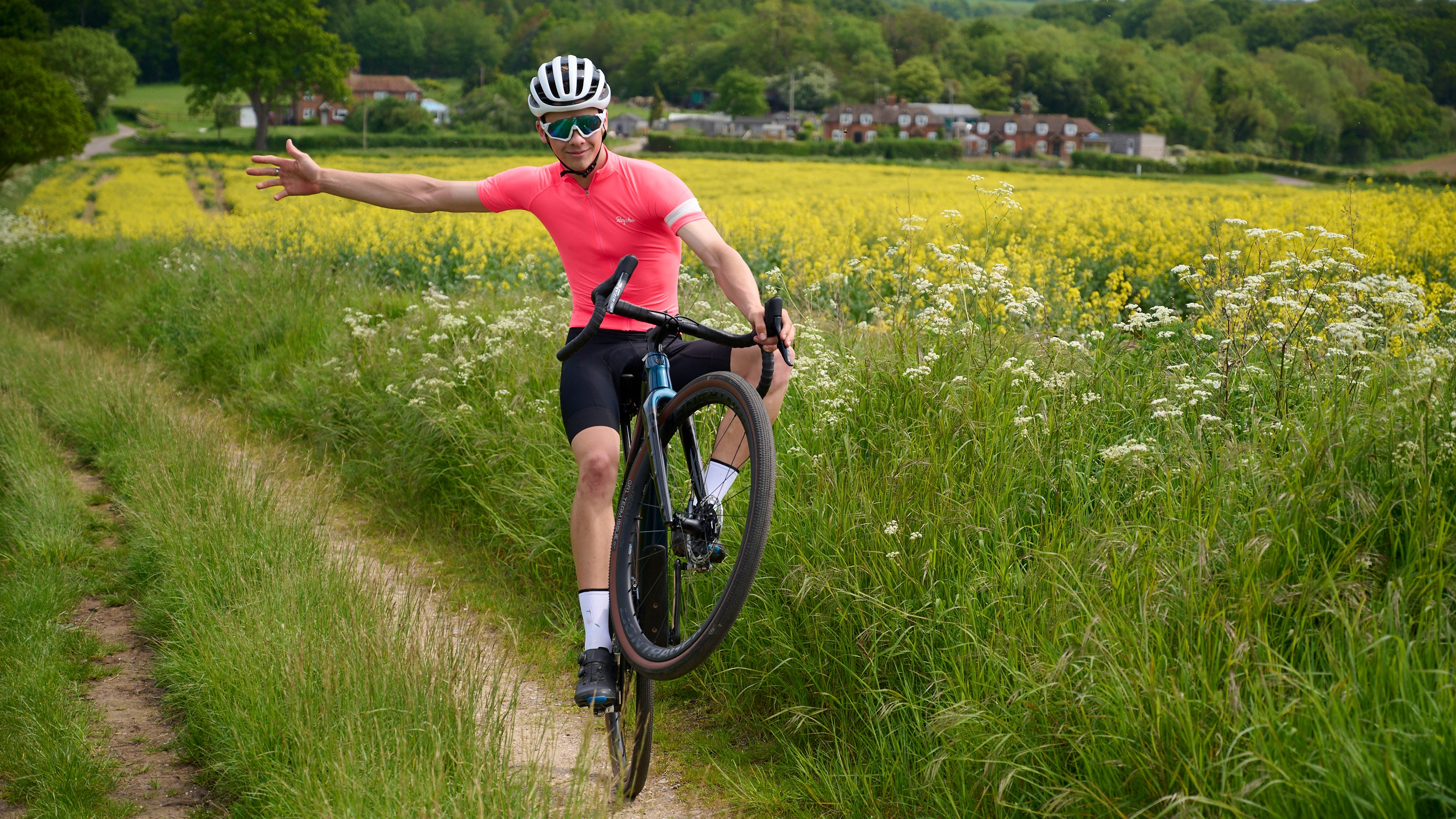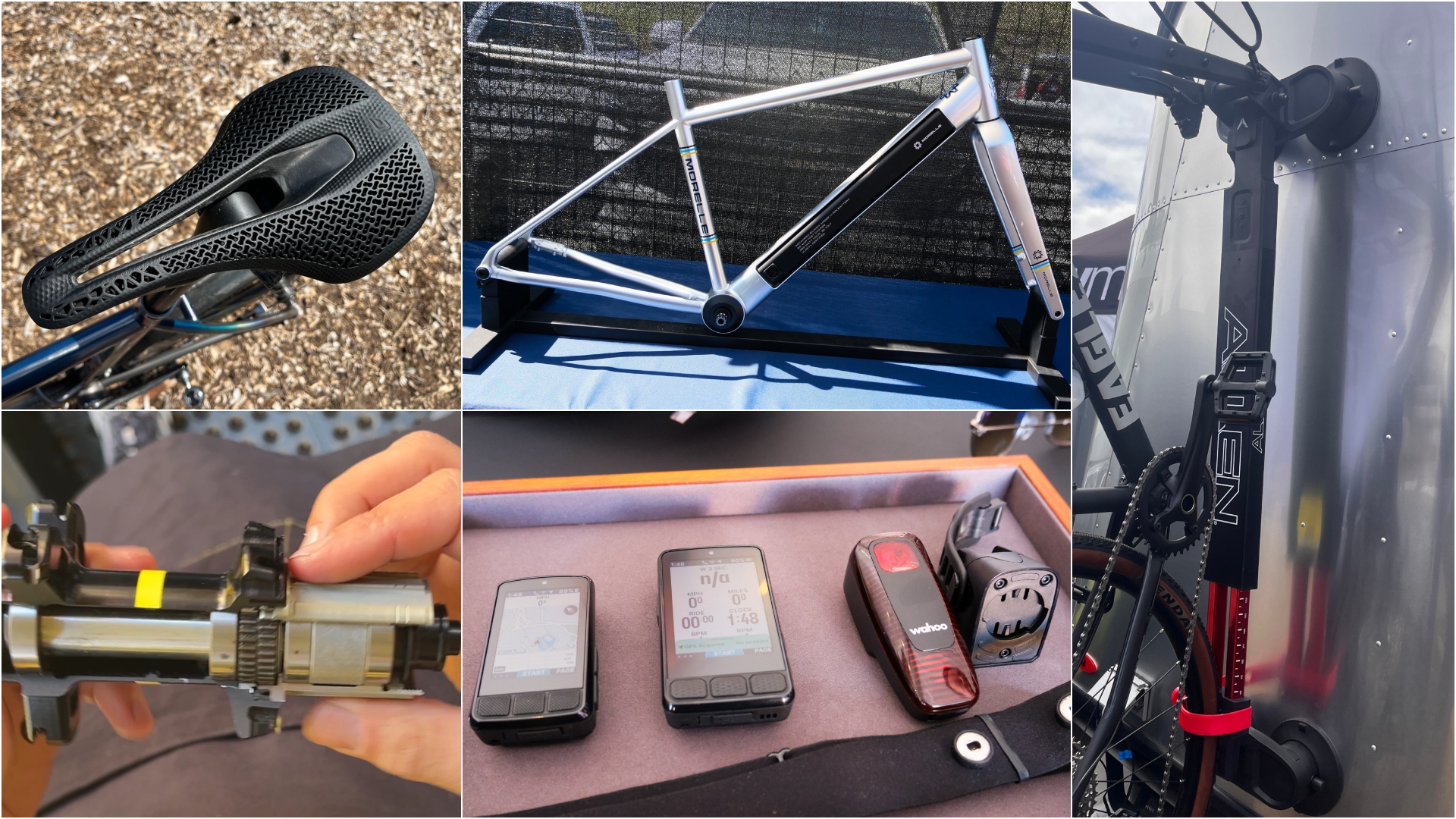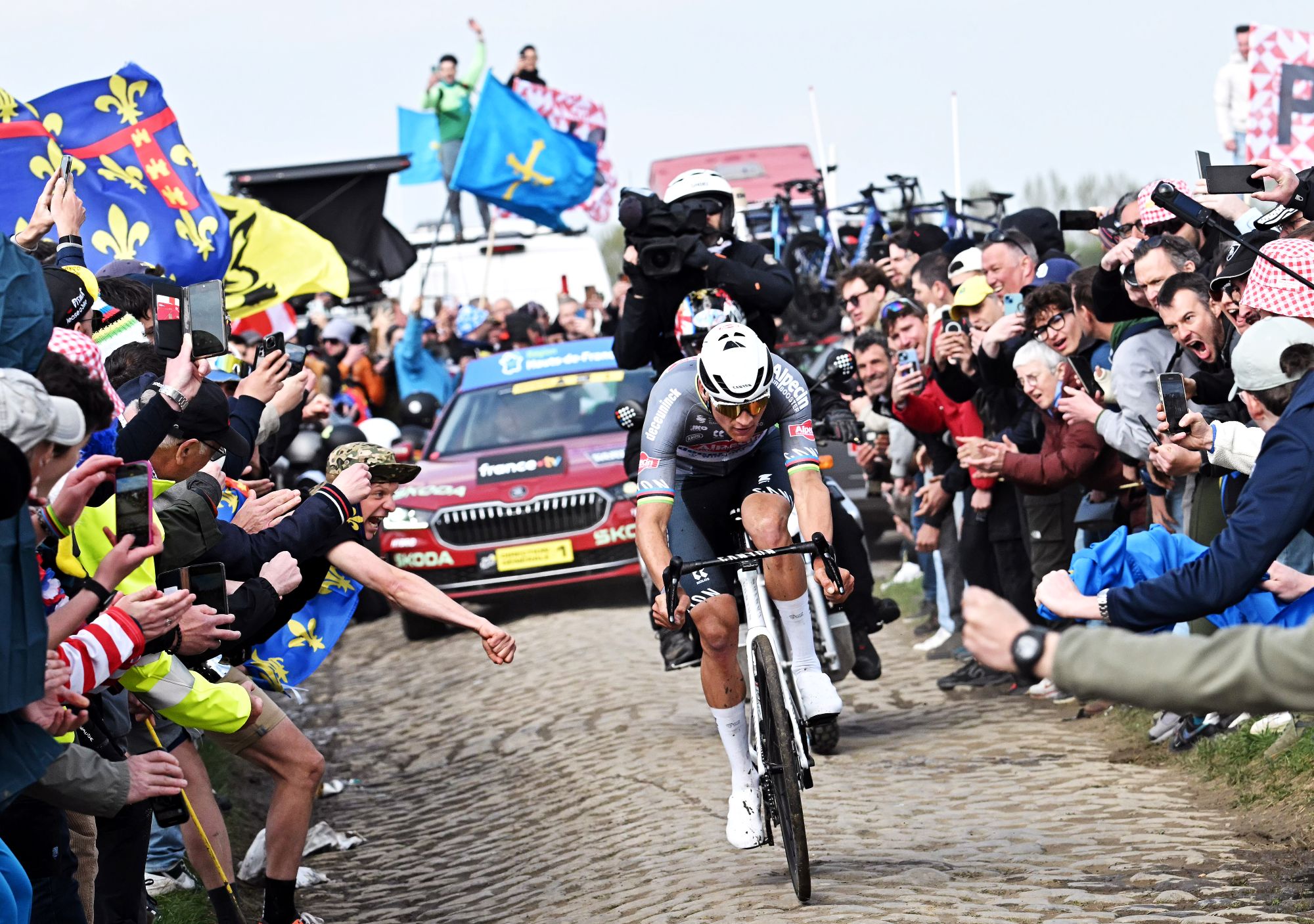Gen Z is making cycling great again - and I couldn't be happier about it
Kick Gen-Z’s bad rep to the curb, they’ve given cycling a much-needed facelift, says Emmie Harrison-West


I won’t lie but, growing up, I thought cycling was for middle-aged men with money.
For tanned, lean blokes who hit winding country roads on Sundays, clad in skin tight Lycra and atop snazzy road bikes. All to get away from their high-stress jobs and equally high-stress families.
In fact, cycle lanes have been dominated by older men for about as long as I can remember - to the point where I’ve felt alienated from them.
After discovering my love for cycling in my teens, and investing in a Pendleton in my twenties, I’ve seen the furrowed brows from hardcore cyclists whenever I’ve been on two wheels.
I’ve been shouted and sweared at for being ‘too slow’ - told I wasn’t ‘doing it properly’, and even nearly got elbow-barged into a London canal from a man who thought he deserved the narrow path more than I did.

Emmie Harrison-West has found her place in cycling
As a result, I was brought up in a generation of fear, intimidation and shame as a young, plus-sized woman who cycled for pleasure in a competitive, male-dominated sport.
That is, until now.
Get The Leadout Newsletter
The latest race content, interviews, features, reviews and expert buying guides, direct to your inbox!
It turns out that Gen Z is making cycling great again - and I couldn’t be happier.
According to Strava’s most recent report, Gen Zers (generally, those born between 1997 and 2012) have a growing love affair with both gravel, and e-bikes - boosting cycling on gravel roads by 55%, and electric mobility by 23%.
This data set represents the first time Strava has chosen to categorise its users by generation - that being Boomers, Gen X, Millennials (that’s me!) and Gen Z. It surveyed 7,000 users of the mobile app since its conception in 2009, and proved that popularity of outdoor exercise is growing - especially when it comes to Gen Zers.
It’s safe to say that Gen Z’s reputation precedes them, though - and for all the wrong reasons. They’re stereotyped to have a bad work ethic, equally bad attitude, be screen-obsessed, lazy, and only care about money.
Except, the data seems to show that they’re putting generations before them to shame by their eco-conscious decision in choosing two wheels over four.
The numbers infer that the digital-first generation is choosing cycling as a more sustainable way to travel and commute to work or school. Yes, it could ultimately be to save money in the long run - but a recent study by the University of Oxford proved that choosing a bike over a car even just once a day reduces the average person's transport-related carbon emissions by 67%.
Strava’s study also revealed that Gen Zers have different habits to generations that graced cycling lanes before them, showing that they rode faster than Boomers - but in shorter bursts, and with other people.
The findings showed that Gen Z were the most sociable cyclists, too. They were the most likely to seek company on bike rides, and it was mainly them that contributed to an 11% increase in the number of new online communities, and virtual ‘cycling clubs’.
See, as a young, plus-sized woman who cycles mainly for pleasure, I’ve never felt like I belonged on cycle lanes. I felt too young, too fat, too poor.
I felt that I had to have permission to belong - be a certain age, or level of fitness. That I had to be ‘training’ for something, have the right gear, or take cycling seriously as a sport - not merely as an escape, a means to an end, or to get to work.
Even former Olympic and World Champion, Chris Boardman MBE told Cycling Weekly that he’d been “battered by the cycling community for wearing normal clothes on a bike”.
It’s gatekeeping of the highest, most gross order.
So, I couldn't be more elated, or more refreshed, to hear that Gen Z-ers are simply shrugging their shoulders at stereotypes, and getting on their bikes instead - complete with their friends right alongside them.
They’re choosing an activity that they enjoy, and that makes them feel good - all while saving money, the planet and being sociable.
Cycling aligns with their values because they’ve created an inspiring, eco-conscious community (both online, and IRL) that they believe in, and feel represented by. They’ve managed to embody everything that makes cycling great - and it’s what it should be.
Thanks to Gen-Zers, cycling, as a whole, is becoming more popular as a social, mindful activity for your average, everyday commuter - rather than as a sport.
The excellent news that a new generation is embracing cycling for fun, as opposed to sport, may be having unfortunate consequences within the domestic scene. We’re seeing a palpable drop off in participation in road races, competitions, and time trials. British Cycling has appointed a road racing task force in attempts to revive the UK domestic cycling scene, and time trialling has added road categories in an attempt to remove barriers to entry.
Neither actions appear to be turning the tide, however. Perhaps this shift should be utilised as the catalyst for organisers to adjust their approach and create events that celebrate the joy of cycling as well as the speed and power of its winners.
Because, really, cycling should be a fun, inclusive, diverse and welcoming activity. It should be something that brings you pleasure, not pain. Riding a bike should make you feel inspired, uplifted and empowered - not alienated by other people’s time, clothes, or fitness levels.
It brings me so much joy that Gen Zers, the generation that gets so much stick, are giving cycling a much-needed facelift. Lift the barriers and allow them to roll in, I say.

Thank you for reading 20 articles this month* Join now for unlimited access
Enjoy your first month for just £1 / $1 / €1
*Read 5 free articles per month without a subscription

Join now for unlimited access
Try first month for just £1 / $1 / €1

Emmie Harrison-West is a freelance journalist, editor and award-winning beer writer. You can find her cursing Edinburgh's cycle lanes on the way to the pub, or as @emmieehw on X.
-
 A bike rack with an app? Wahoo’s latest, and a hub silencer – Sea Otter Classic tech highlights, Part 2
A bike rack with an app? Wahoo’s latest, and a hub silencer – Sea Otter Classic tech highlights, Part 2A few standout pieces of gear from North America's biggest bike gathering
By Anne-Marije Rook
-
 Cycling's riders need more protection from mindless 'fans' at races to avoid another Mathieu van der Poel Paris-Roubaix bottle incident
Cycling's riders need more protection from mindless 'fans' at races to avoid another Mathieu van der Poel Paris-Roubaix bottle incidentCycling's authorities must do everything within their power to prevent spectators from assaulting riders
By Tom Thewlis